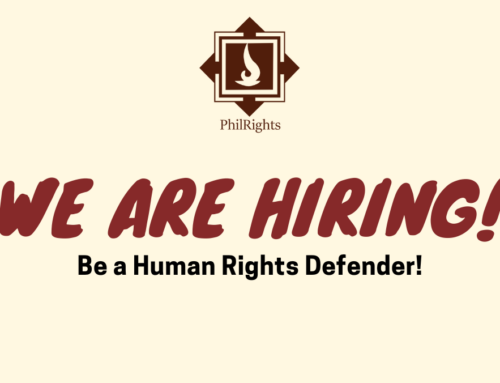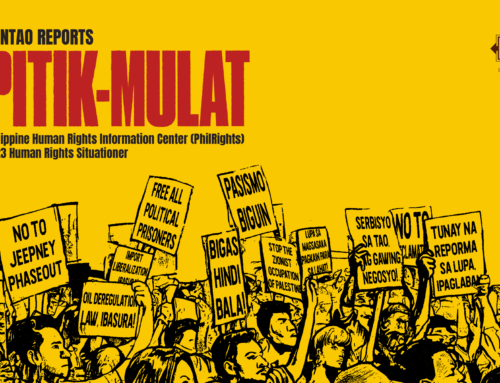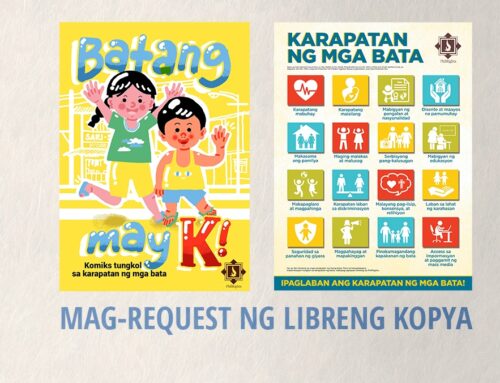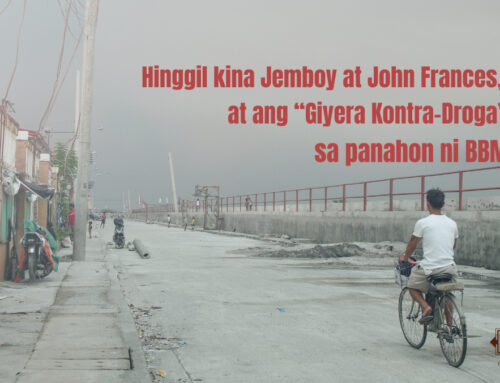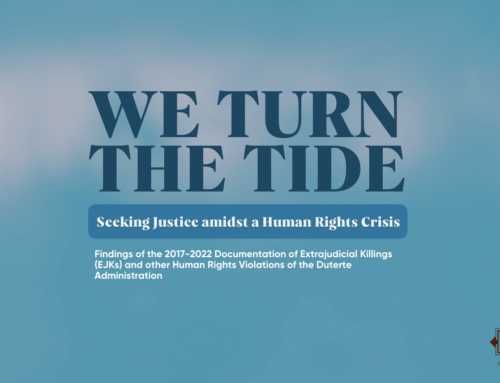(Washington, DC) – President Barack Obama should tell King Mohammed VI of Morocco that US support for the reform process in Morocco depends on moving beyond rhetoric and making tangible change, Human Rights Watch said today. The reforms should include stronger legal protections for rights and an end to impunity for police who use violence and commit other abuses. The king will meet with a US president in Washington for the first time in 11 years on November 22, 2013.
Moroccan authorities have sought to portray Morocco as a country in which political reforms have helped to maintain stability as popular protests caused upheaval elsewhere in the Middle East and North Africa. But scores, and possibly hundreds, of people – Islamists, youthful street protesters, and Western Sahara activists – remain in prison after unfair trials, and the police use excessive force to disperse demonstrations and violence to extract confessions.
“Morocco’s reform process has stalled, even as all the fanfare about reform proceeds,” said Sarah Leah Whitson, Middle East and North Africa director at Human Rights Watch.
Facing growing street demonstrations in 2011, the king submitted to voters a new constitution strong on human rights, and announced early elections that led to the country’s first Islamist-led government. The 2011 constitution articulates many rights, including freedom of expression, protections for people in custody, and a new right to challenge the constitutionality of existing laws in a high court. However, the government has yet to adopt enabling legislation that would give legal force to any of the new constitutional rights.
Morocco continues to enforce a range of repressive laws that seem to conflict with the new constitution. These include articles that provide prison terms for defaming or insulting public officials or state institutions, and for speech that “harms” the monarchy, members of the royal family, Islam, or Morocco’s claim over the contested Western Sahara – though ministers have talked for years about reforming the press law and penal code.
Abdessamad Haydour, a student, is serving three years in prison for appearing in a video on YouTube “insulting” the king. The rapper known as Al-Haqed left prison in 2013 after serving a year for producing a song and video that “insulted” the police.
One of Morocco’s leading critical journalists, Ali Anouzla, faces a lengthy prison term if convicted on charges of “assisting terrorists” because of his reporting on a new video from Al-Qaeda in the Islamic Maghreb attacking the Moroccan monarchy. Anouzla, who is provisionally free after spending a month in pretrial detention, is scheduled to stand trial in December.
After the king gave a 2009 address on judicial reform and formed a commission in 2012 to make recommendations, the government has said such reform is a priority. Yet Moroccan courts are convicting defendants in on the basis of confessions that the defendants say they were coerced into signing and prevented from reading.
A military court in February convicted all 25 civilian defendants tried in 2010 in connection with the deaths of policemen in Western Sahara, a territory over which Morocco claims sovereignty, a claim not recognized in international law. The court sentenced nine of the accused to life in prison and most of the rest to long prison terms. From an early stage of the proceedings, many of the defendants told the court they had been tortured. As often happens in politicized cases, the court did not open an inquiry into these claims, though Moroccan law requires courts to exclude any statement obtained through violence or coercion.
Sit-ins, marches, and vigils are commonplace in Morocco. But if authorities disapprove of the demands, the slogans, or the timing of the gathering, police officers often charge the crowd, swinging batons and breaking bones. The use of excessive force to disband protests is commonplace in Western Sahara, where authorities systematically prohibit any gathering deemed hostile to Moroccan rule over the territory.
Morocco has vibrant associations active across the spectrum of issues. While the 2011 constitution guarantees the right to create new associations, in practice the administration often withholds legal recognition to groups whose objectives or whose leadership displeases them, such as groups advocating rights for Sahrawis or Amazighs (Berbers). Even local associations of parents of schoolchildren fail to get government recognition if they elect as their representatives members of the Islamist opposition movement known as Justice and Spirituality (al-Adl wa’l Ihsan).
The US and Morocco have strong relations, including a formal bilateral human rights dialogue They also have a free-trade agreement, hold joint military exercises, and cooperate on counterterrorism. The US has given Morocco US$697 million over the past five years to combat poverty and stimulate economic growth via the Millennium Challenge Corporation, a government aid agency that requires the recipient country to favor “just and democratic governance.”
During his first five years after he assumed the throne in 1999, Mohammed VI presided over a reform of the family law that reduced legal inequality for women, and created an Equity and Reconciliation Commission, through which Morocco acknowledged and compensated victims of forced disappearances, illegal detention, and other abuses committed under his late father, King Hassan II. Since then, the pace of human rights reforms has slackened.
“Morocco’s 2011 constitution is marvelous on human rights – as an aspirational document,” Whitson said. “President Obama should urge Morocco to transform the rights on paper into everyday realities.”
Powered By WizardRSS.com | Full Text RSS Feed | RFID | Amazon Affiliate



